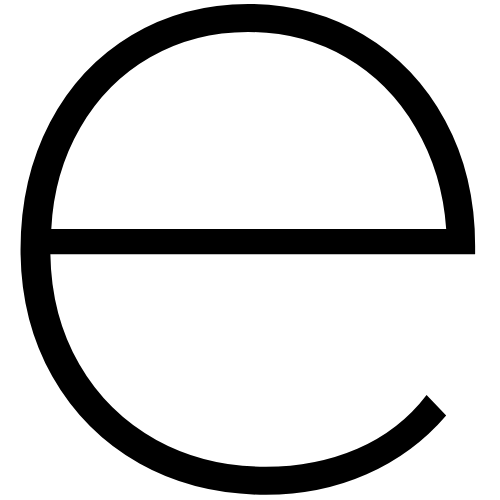IELTS SPEAKING - 6 TENSES TO USE TO GET A HIGH SCORE FOR GRAMMAR!
Using different tenses in IELTS speaking is essential to getting a high score for grammar. In this lesson, you will learn some tenses to use to get a higher score in your IELTS speaking exam.
As discussed in a previous lesson, grammar is marked on accuracy and range. This lesson will focus on range.
6 Tenses To Use In IELTS Speaking
1. Present continuous
This tense can be used to describe something happening in the present that is temporary(will not happen for a long time).
It is formed as follows:
To be + verb-ing
For example.
IELTS examiner: Where do live?
You: Right now,
I’m living in student accommodation.
Using the present continuous suggests that you will not live in student accomodation for a long time. In other words, it is a temporary situation.
2. Present perfect
This tense can be used to describe something that happened in the past but when it happened is not important.
It is formed as follows:
To have + past participle
For example.
IELTS examiner: Have you been abroad?
You: Yes, I‘ve been
to the USA.
3. Present perfect continuous
This tense can be used to describe something that happened in the past and continues in the present. We usually use to the emphasize the length of time.
It is formed as follows:
To have + been + verb-ing
For example.
IELTS examiner:
How long have you been living in this city?
You:
I’ve been living
here for about 4 years. I moved here when I started university.
4. First conditional
This tense can be used to describe something that is likely to happen in the future. Used with a particular situation, not something that always happens.
It is formed as follows:
If + present simple , future simple
For example.
You: If
I get
a high score in my IELTS exam, I will
study in Canada.
5. Second conditional
This tense can be used to describe something that is unlikely/impossible to happen in the future.
It is formed as follows:
If + past simple , would
For example.
1. Unlikely
You: If
I had
a billion dollars, I would
buy a private jet!
(Will you have a billion dollars? Probably not.)
2. Impossible
You: If
I could
fly, I wouldn’t
drive a car.
(Will you be able to fly? No, that’s impossible.)
6. I used to…
This can be used to describe something that happened often or was true in the past but does not happen/is not true in the present.
It is formed as follows:
Used to + infinitive
For example.
1. Something that happened in the past but does not happen now.
You: I used to go
swimming with my dad every weekend.
(Now, you don’t go swimming with my dad every weekend)
2. Something that was true in the past but is not true now.
You: I used to have
long hair.
(Now, you don’t have long hair.)
IELTS SPEAKING ESSENTIALS
IELTS SPEAKING PART 1 - TIPS AND SAMPLE ANSWERS
IELTS SPEAKING PART 2 - TIPS AND SAMPLE ANSWERS
IELTS SPEAKING PART 3 - TIPS AND SAMPLE ANSWERS













